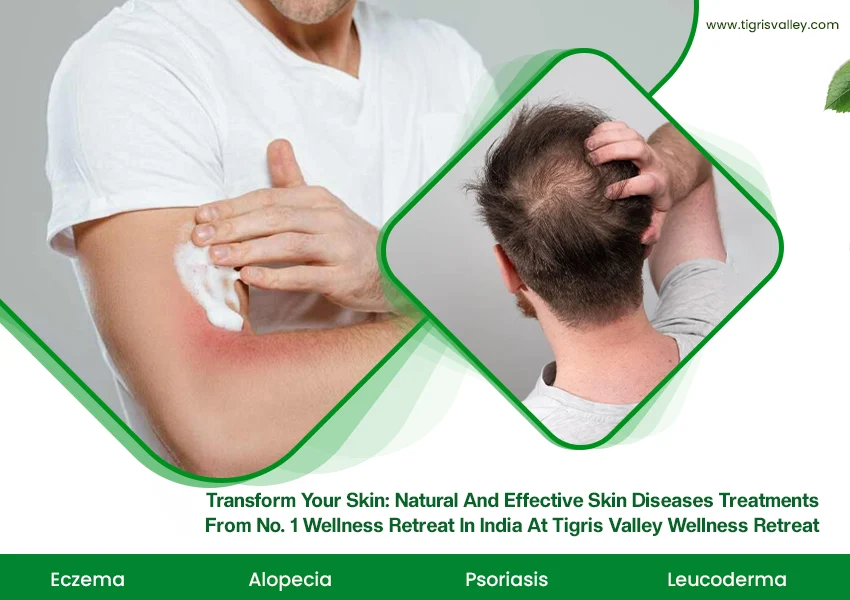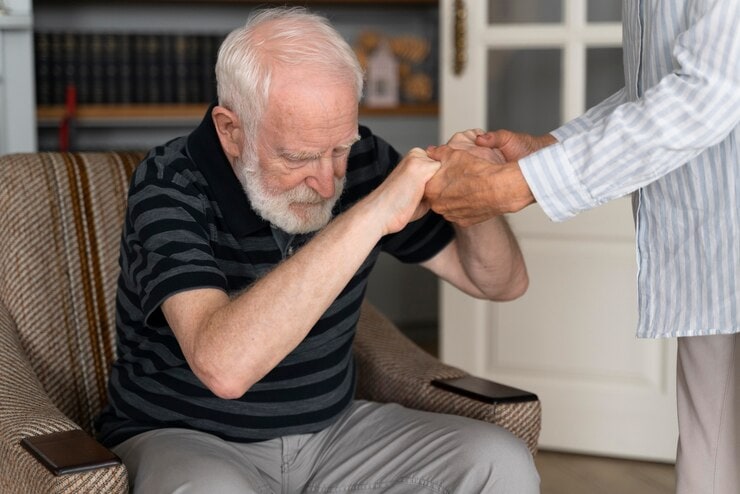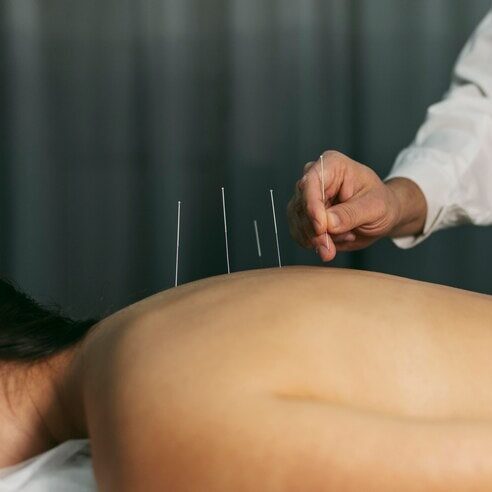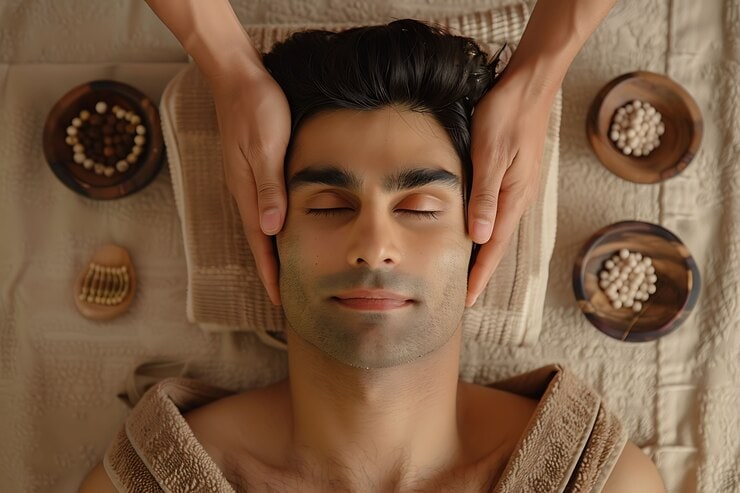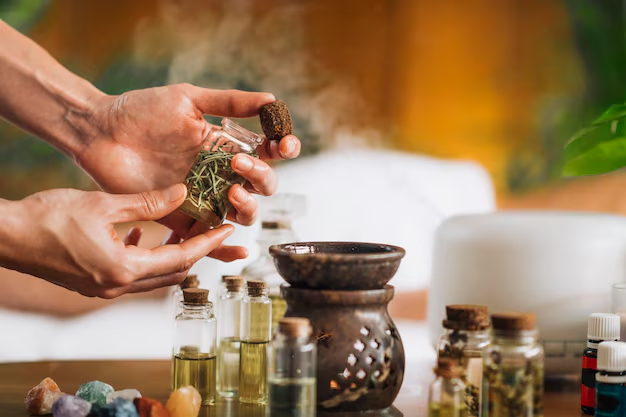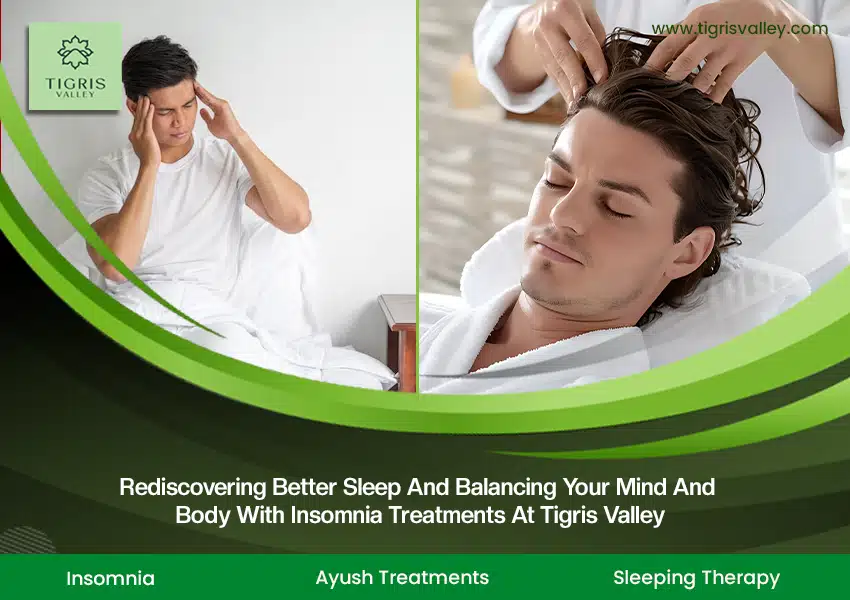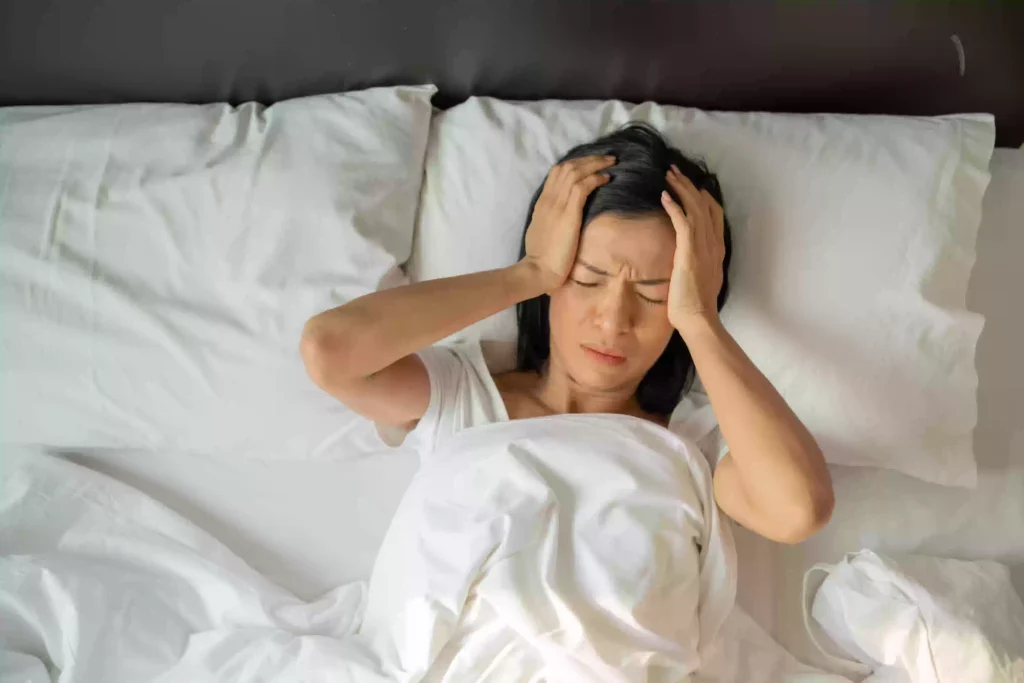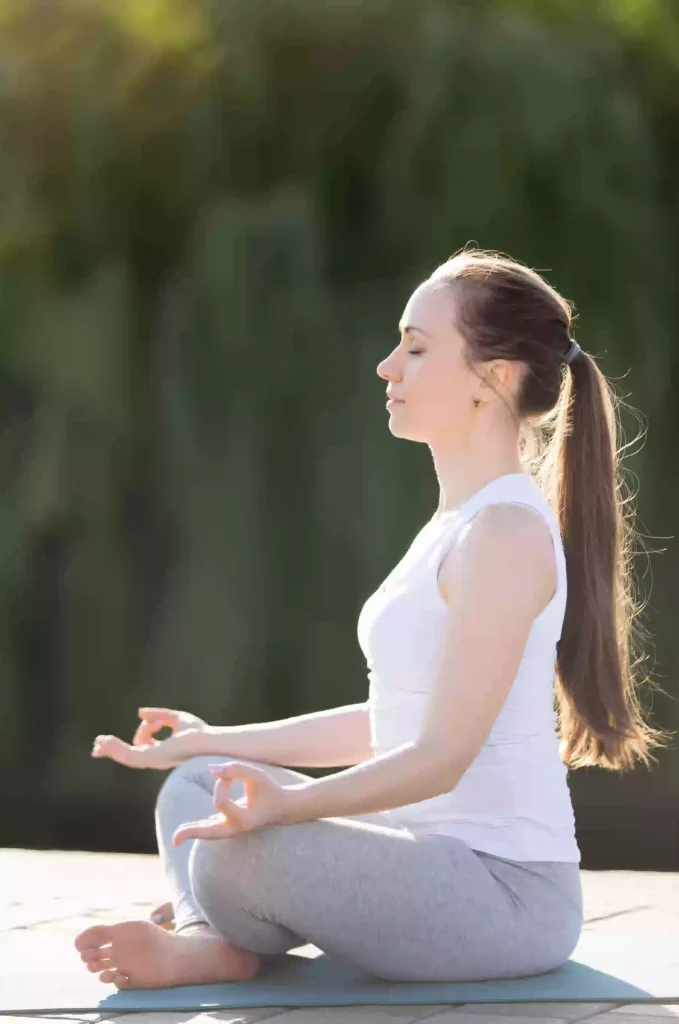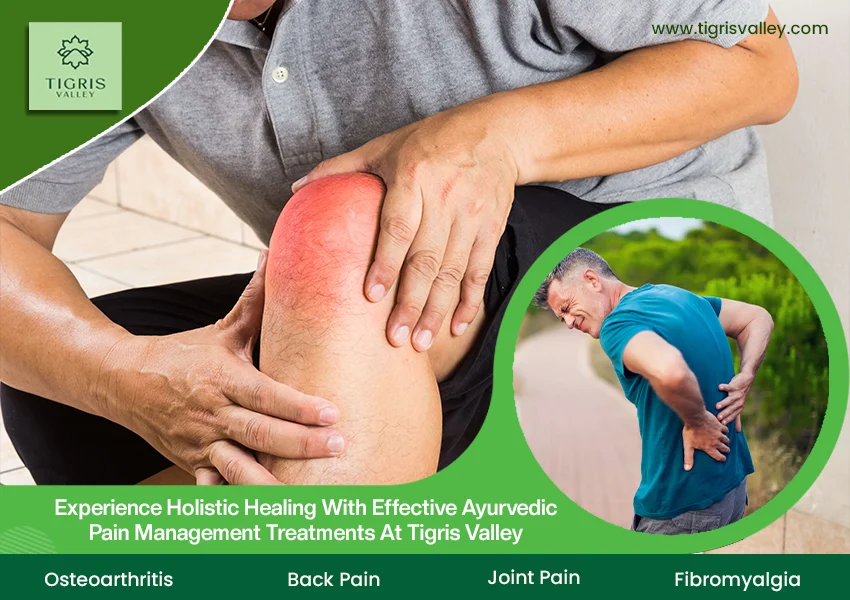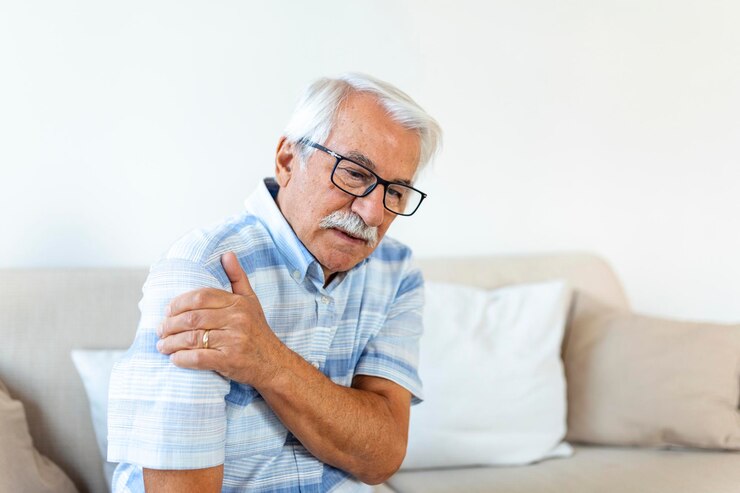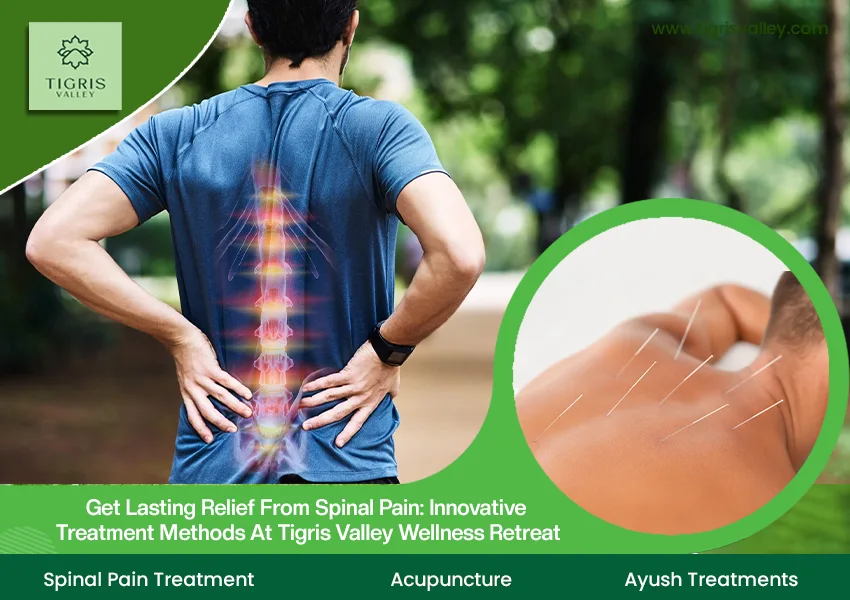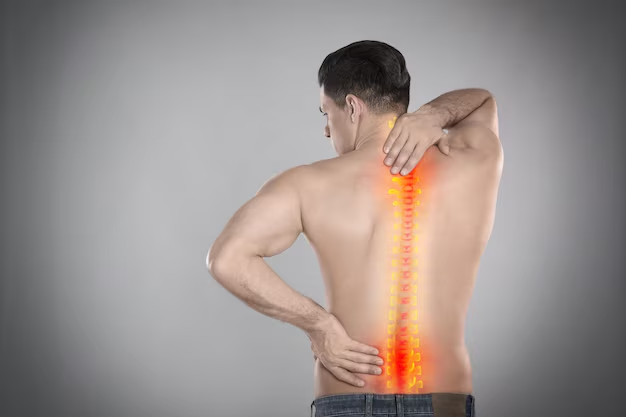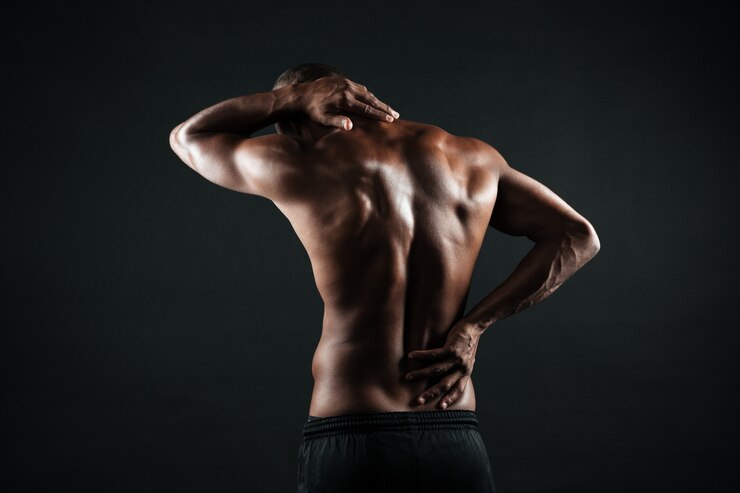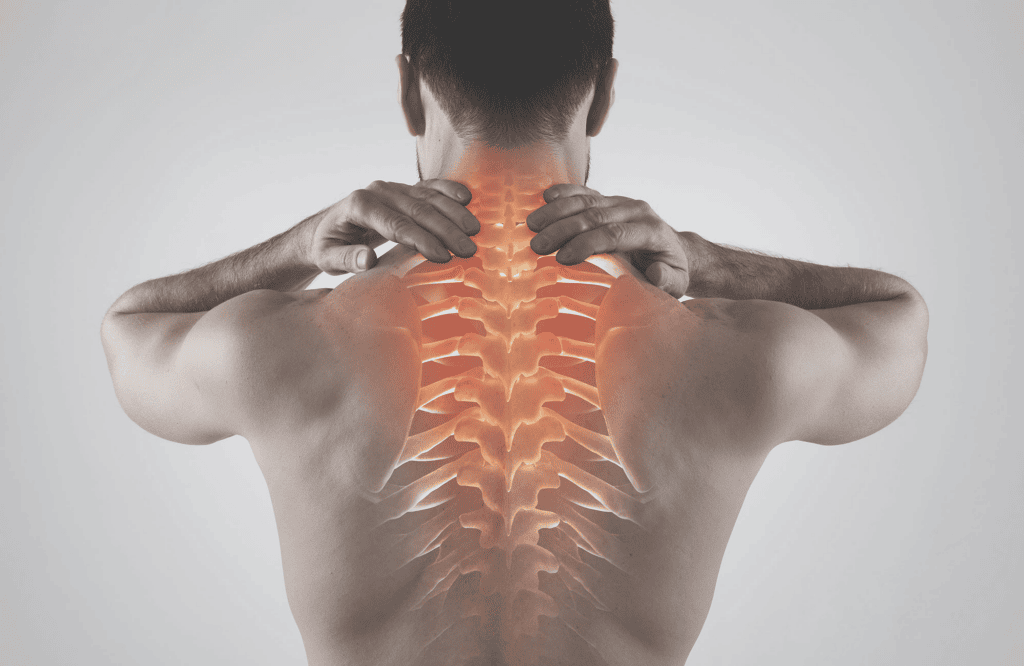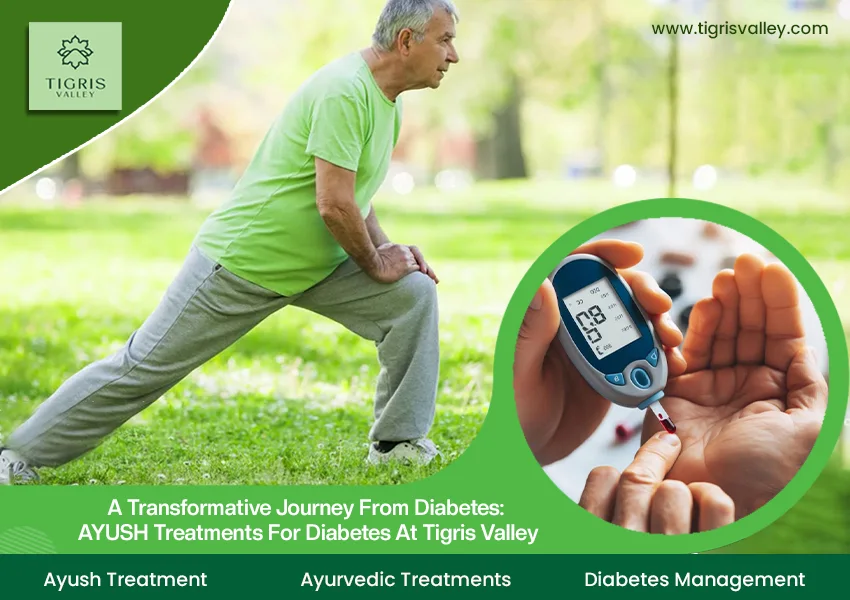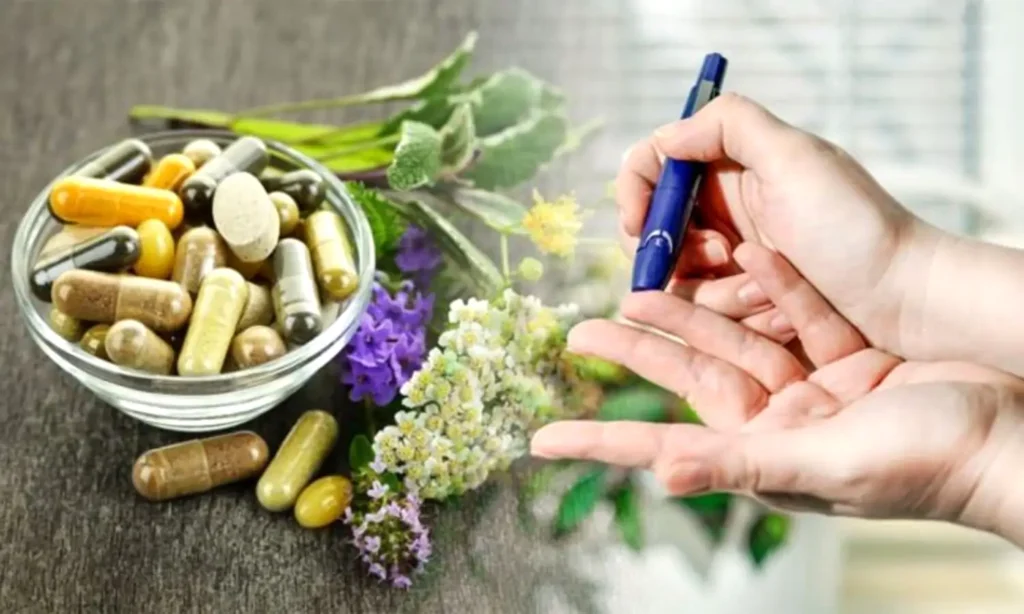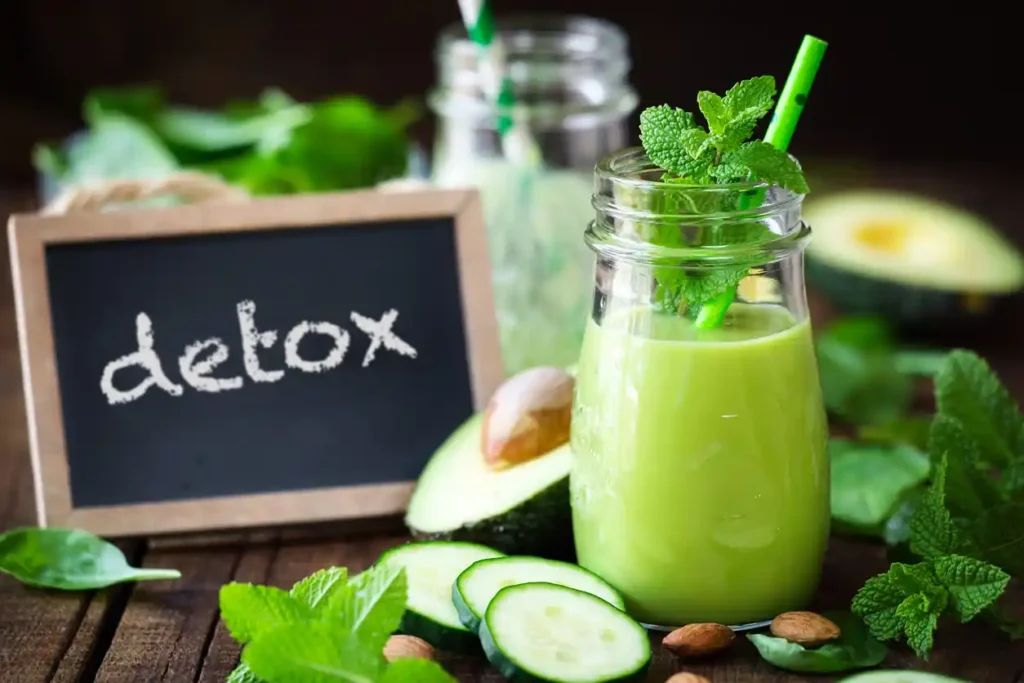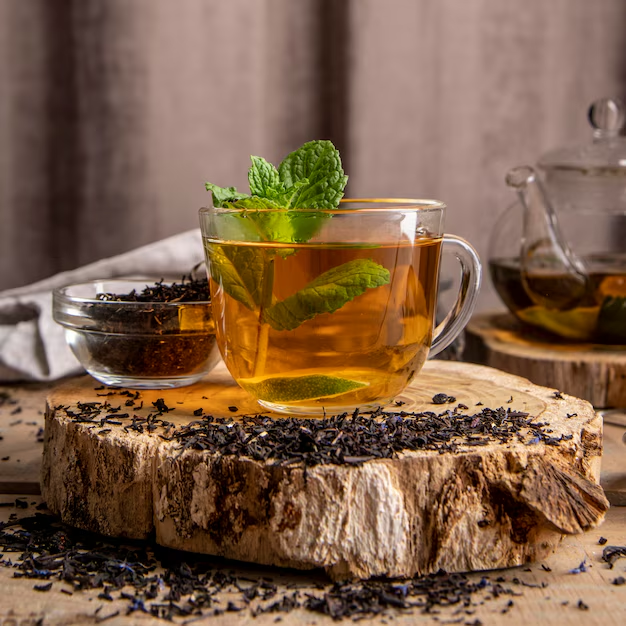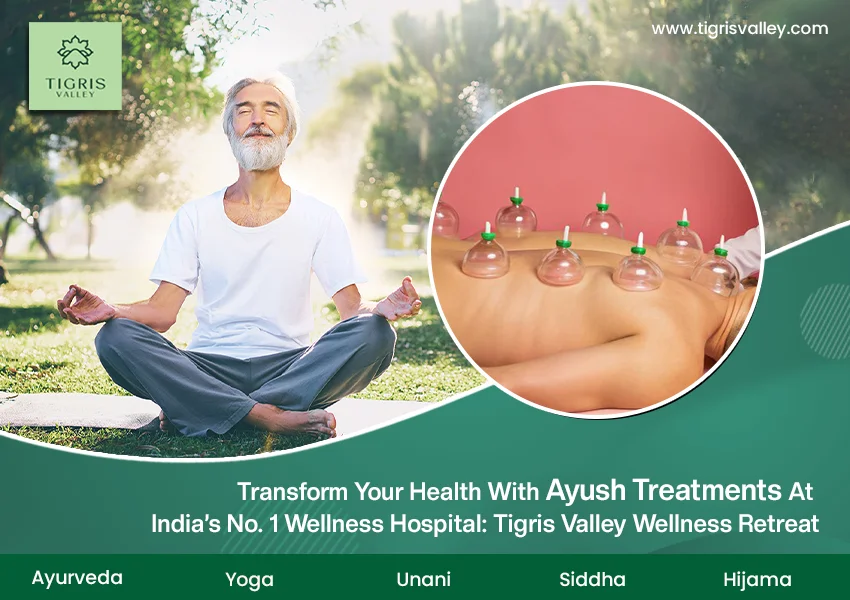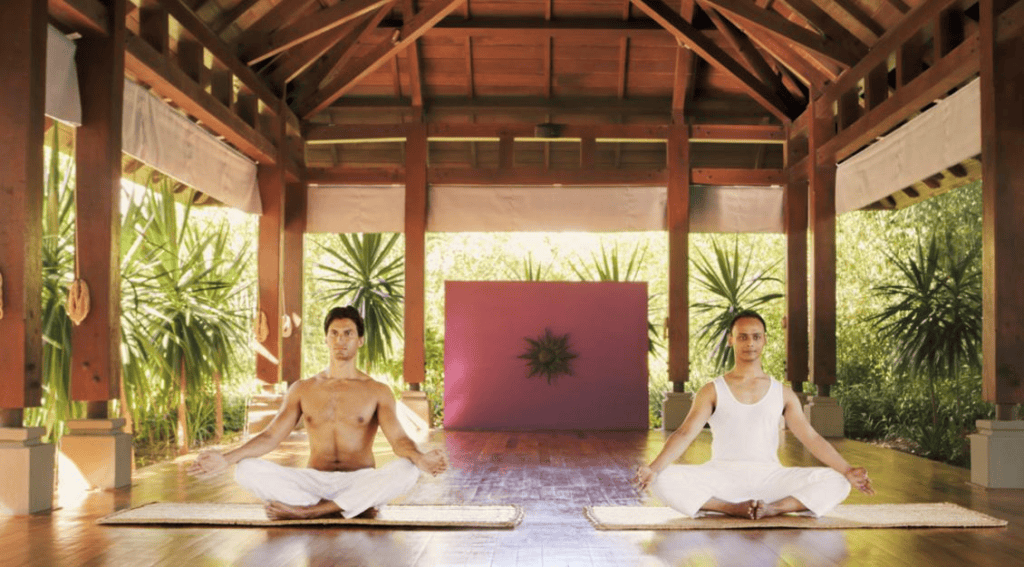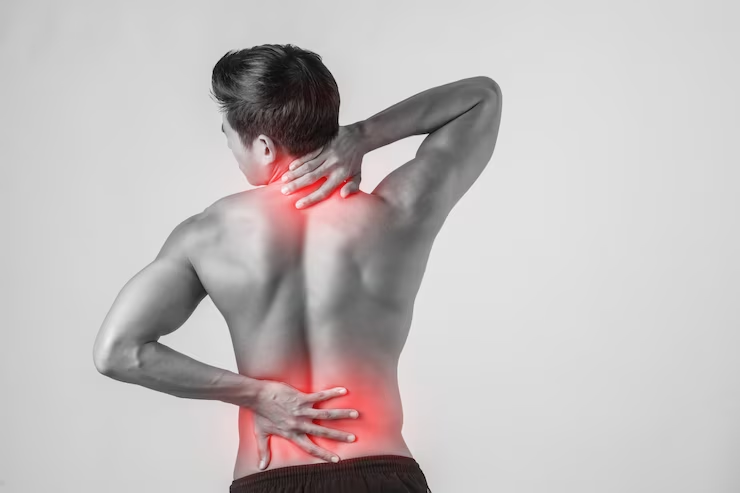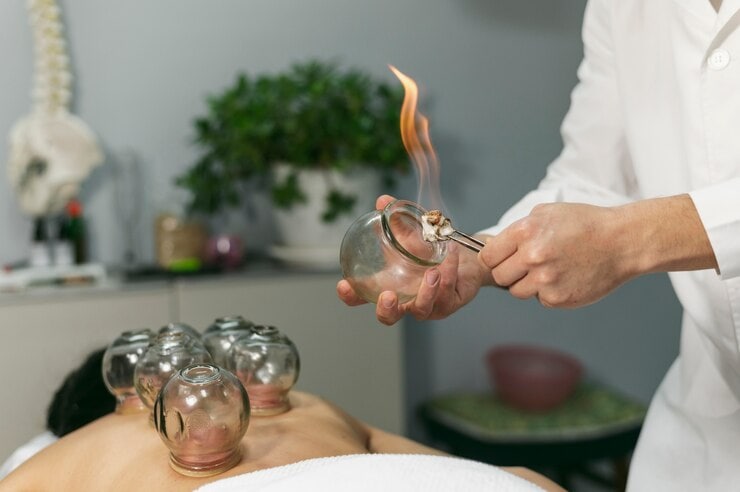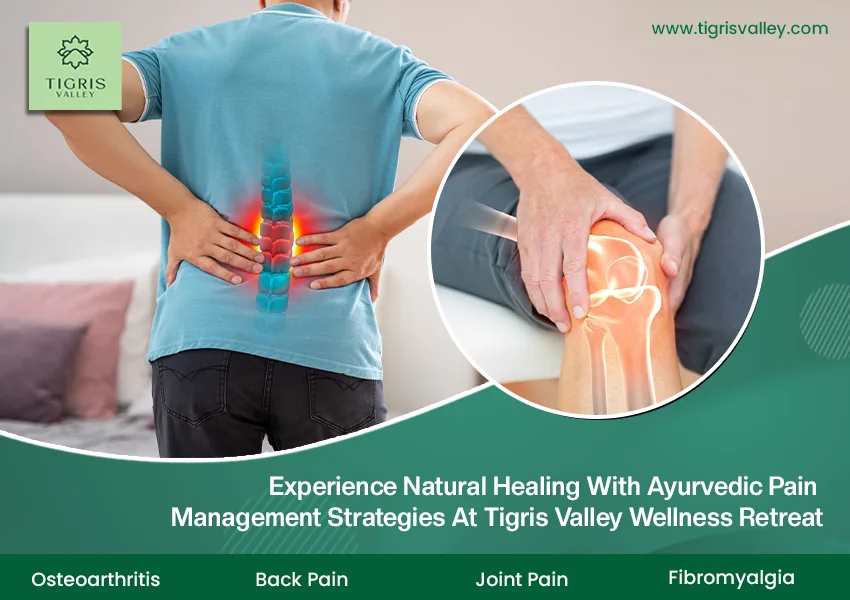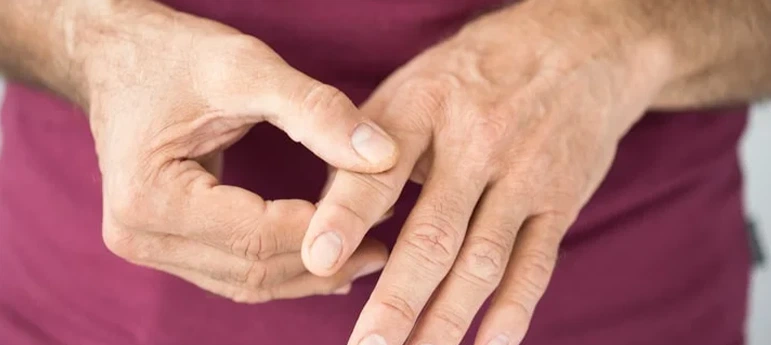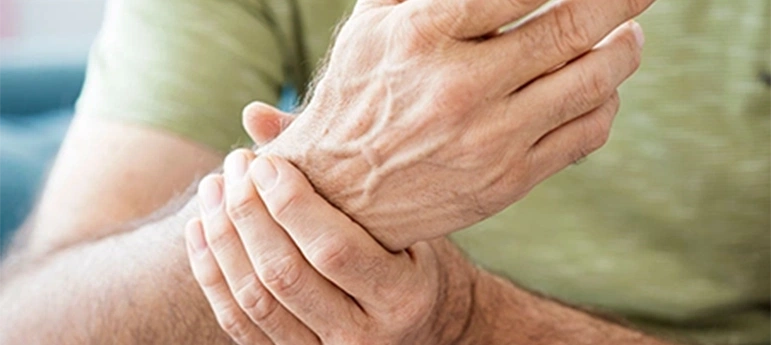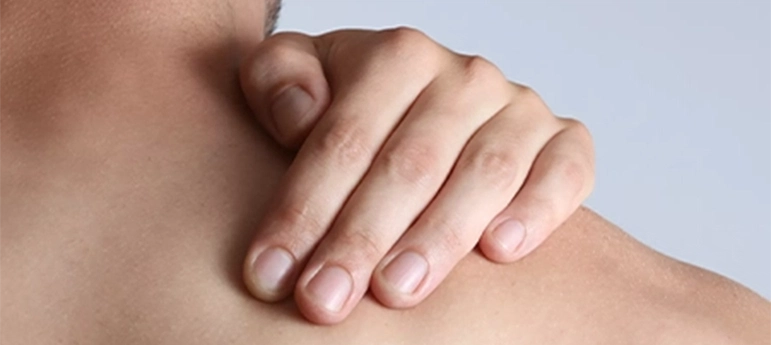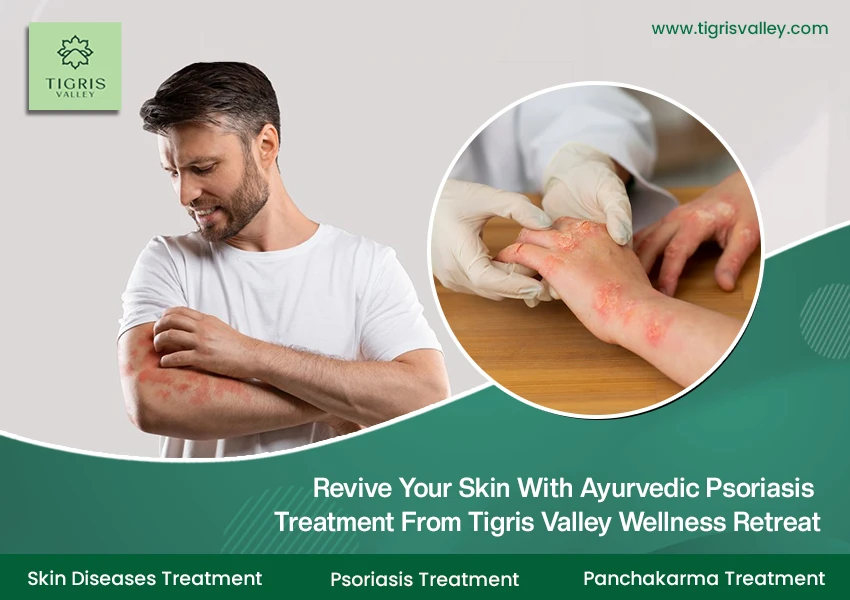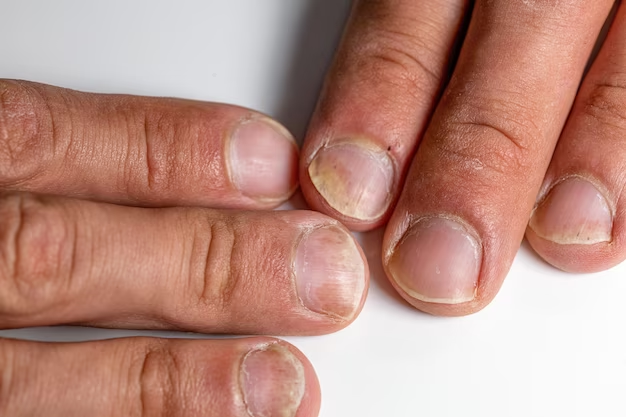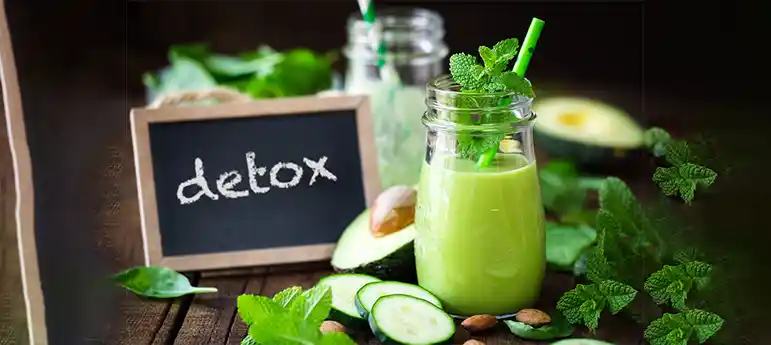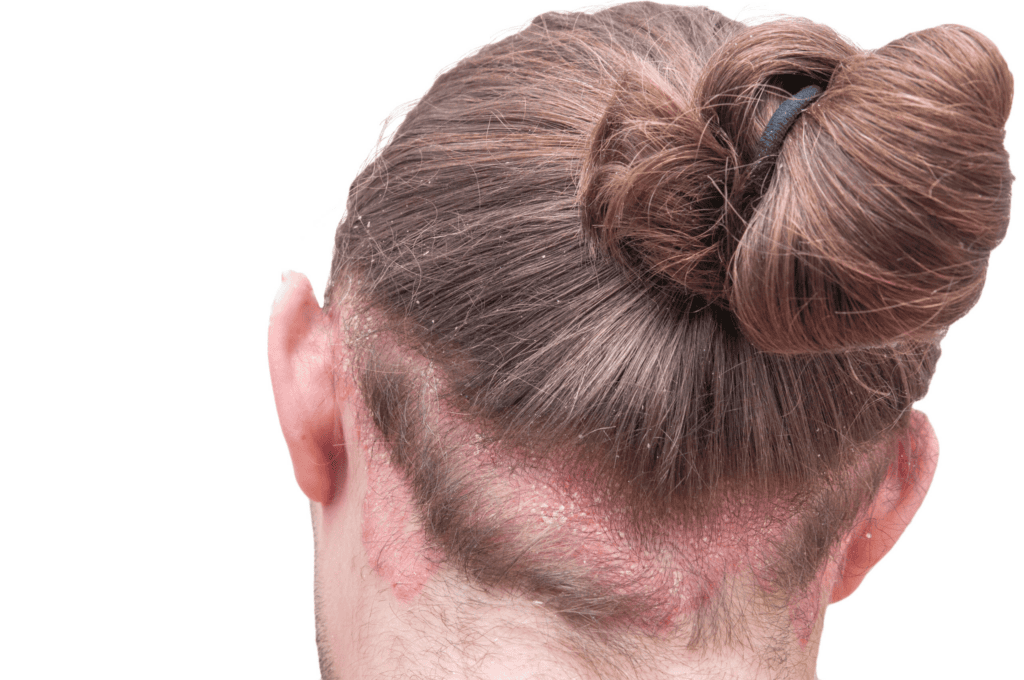Transform Your Skin: Natural and Effective Skin Diseases Treatments From No. 1 Wellness Retreat in India at Tigris Valley Wellness Retreat
Can dealing with skin diseases cause pain or discomfort? Skin disease is a condition that affects the skin, hair, or nails, leading to symptoms such as rashes, itching, redness, swelling, or lesions. These skin diseases can arise from various causes including infections (like bacteria or fungi), allergies, autoimmune disorders, genetic factors, and environmental influences. Skin diseases can range from mild and temporary conditions, such as acne or eczema, to chronic issues like psoriasis or skin cancer, which may require ongoing management. Understanding skin diseases is important for proper diagnosis and effective treatment.
Skin diseases can affect people across various age groups, from children to the elderly, the major common symptoms such as rashes, itching, redness, and dryness. Conditions like eczema and psoriasis are general in children, while adults may experience acne, facial redness, or dermatitis. Older adults often face issues like skin cancers and age-related dryness. Our AYUSH treatments which include Ayurveda, Yoga, Unani, Siddha, and Homeopathy, offer advanced skincare treatments to manage these skin conditions. Together, these traditional treatments provide effective and complete skin disease management across different age categories.
Tigris Valley, a premium Ayush wellness hospital offers advanced skin care treatments in Kerala, providing an integrated approach to addressing various skin diseases. Our Ayush treatments focus on restoring balance through herbal remedies and dietary changes, while yoga highlights stress reduction and improved circulation. The modern techniques are enhanced by the use of natural Ayurvedic ingredients, such as herbal pastes and oils rich in antioxidants, which help to reduce inflammation and promote skin rejuvenation. Furthermore, personalized skin care treatments that consider people’s skin types and conditions are emphasized to enhance overall effectiveness. The advanced treatments with traditional Ayurvedic treatments in the Tigris Valley promote both immediate results and long-term wellness.
What Are the Common Types of Skin Diseases?
Eczema
Eczema is a chronic skin condition characterized by red, itchy, and inflamed patches of skin. It can be caused by various factors, including allergens, irritants, and environmental changes. Effective eczema treatment often involves a combination of moisturizing creams, topical corticosteroids, and antihistamines to relieve itching and reduce inflammation. Tigris Valley Ayurvedic treatment for eczema focuses on addressing the root causes of the condition by restoring balance to the body and promoting overall skin health. Additionally, identifying and avoiding specific causes can help manage recurrences. Our Integrated approach which includes lifestyle modifications and regular skincare routines can significantly improve the quality of life for those affected by eczema.
Psoriasis
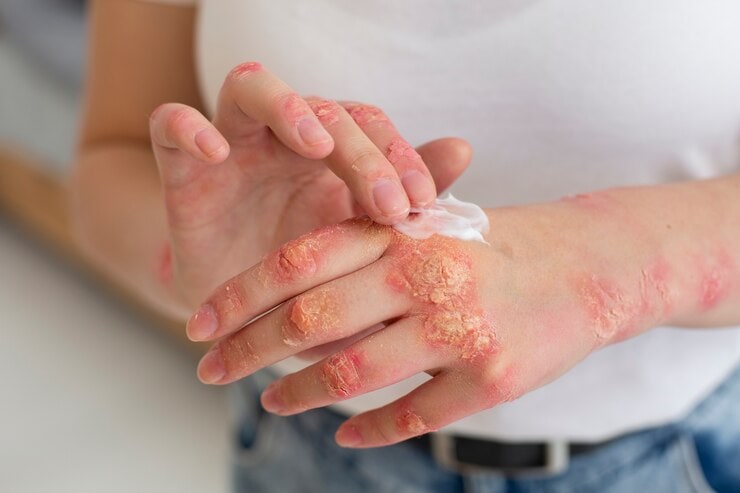
Psoriasis is a chronic autoimmune skin disorder that leads to the rapid growth of skin cells, resulting in thick, scaly patches that can be itchy and painful. Ayurvedic psoriasis treatment focuses on restoring balance within the body by addressing underlying imbalances in the doshas (Vata, Pitta, and Kapha). Our expert Ayurvedic practitioners recommend natural remedies such as herbal pastes made from neem, turmeric, and aloe vera, which have anti-inflammatory properties and can help to relieve irritated skin. Additionally, dietary adjustments are emphasized, promoting foods that reduce inflammation while avoiding spicy and acidic foods that may cause intensifications. Practices like panchakarma treatment (full body detoxification) and regular yoga can also play a vital role in enhancing overall body wellness and managing symptoms. Ayurvedic treatment in Kerala aims to provide long-term relief and improve the quality of life for those suffering from psoriasis.
Alopecia (Hair Loss):
Alopecia areata is an autoimmune condition that results in sudden hair loss frequently in areas and can affect people of all ages. The treatment of alopecia areata in Ayurveda focuses on restoring balance to the body and strengthening the hair follicles. Ayurvedic practitioners often recommend herbal remedies such as Bhringraj, amla, and neem, which are believed to nourish the scalp and promote hair growth. Panchakarma treatments including full body detoxification and oil massages may also be used to improve blood circulation and reduce stress, which can be a contributing factor. By addressing both internal imbalances and external care, Ayurvedic treatment aims to manage alopecia areata effectively.
Leucoderma
Leucoderma, also known as vitiligo, is a skin condition characterized by the loss of pigmentation resulting in white patches on the skin. Leucoderma treatment in Kerala often involves a holistic approach that combines traditional Ayurvedic therapies with modern medical practices. Ayurvedic treatments may include herbal remedies like haritaki and bakuchi, which are believed to activate melanin production, alongside external applications of medicated oils. Additionally, therapies such as panchakarma are used to detoxify the body and restore balance. Dietary modifications emphasizing nutrient-rich foods can also support skin health.
How Panchakarma Treatment Helps in Skin Disease Management
Panchakarma treatment, a primary concept of Ayurvedic medicine, plays a significant role in the management of skin diseases by focusing on full body detoxification, rejuvenation, and restoring balance within the body. Panchakarma ayurvedic treatment begins with a thorough assessment of the people’s dosha imbalances—vata, pitta, and kapha which are believed to contribute to skin disorders. The treatment typically involves five main procedures: Vamana (therapeutic vomiting), Virechana (purgation), Basti (medicated enemas), Nasya (nasal administration of herbal oils), and Raktamokshana (bloodletting). These processes help eliminate accumulated toxins (ama) from the body, thereby addressing the root causes of skin conditions like psoriasis, eczema, and acne.
Full body detoxification enhances circulation and promotes the supply of nutrients to the skin, facilitating healing and rejuvenation. Additionally, Panchakarma incorporates external therapies such as Abhyanga (oil massage) and Shirodhara (pouring of oil on the forehead), which not only relax the body but also nourish the skin, improving its texture and appearance. Furthermore, dietary modifications and lifestyle recommendations are integral to the treatment, ensuring that patients adopt habits that support skin health and overall well-being. By combining internal cleansing with external nourishment, Panchakarma treatment offers a comprehensive strategy for managing skin diseases and promoting long-term health and vitality.
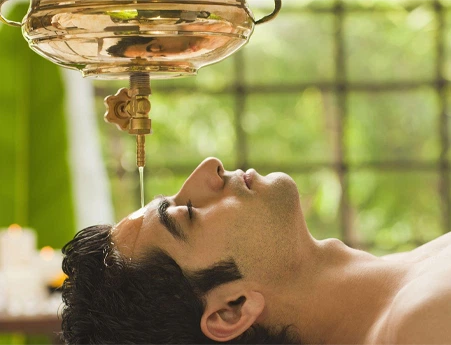
Tigris Valley Wellness Hospital provides the best panchakarma treatment in Kerala and offers an effective approach to managing skin diseases by emphasizing detoxification and rejuvenation. This Ayurvedic treatment begins with a thorough evaluation of people’s dosha imbalances, which are believed to contribute to skin conditions. The treatment typically involves five main procedures, including Vamana (therapeutic vomiting) and Virechana (purgation), to eliminate toxins from the body, thereby addressing the root causes of issues like eczema, psoriasis, and acne. Additional therapies such as Abhyanga (oil massage) provide external nourishment to the skin while promoting relaxation. Additionally, personalized dietary recommendations support overall health, ensuring that patients adopt habits conducive to skin wellness. By integrating these practices, Our panchakarma treatment not only enhances skin health but also promotes overall well-being.
Effective Unani Medicine for Psoriasis Treatment
Unani medicine is a traditional healing system that comes that originated in Greece and is practiced in South Asia and Central Asia. It is important for treating skin diseases because it aims to restore balance in the body’s humors: blood, phlegm, yellow bile, and black bile. In Unani treatment, skin conditions are often attributed to imbalances in these humors, which may result from lifestyle factors, diet, or environmental influences. Unani Treatment in Kerala typically includes natural remedies, such as herbal preparations, dietary adjustments, full-body detoxification techniques, and massage with medicinal oils to promote healing, reduce inflammation, and prevent recurrence. Unani medicine highlights individualized and long-term wellness, offering a complementary approach to conventional treatments for chronic conditions like eczema, psoriasis, and acne.
In Unani medicine for psoriasis treatment used for restoring balance among the body’s humors, with the condition often viewed as an excess of yellow bile and blood, leading to inflammation and skin lesions. Unani Treatment typically begins with detoxification which removes impurities from the body through methods like Hijama or leech therapy to purify the blood. Herbal remedies with anti-inflammatory properties, such as neem, turmeric, and aloe vera, are commonly prescribed to relieve the skin and reduce itching. Dietary changes also play a key role; patients are advised to avoid foods that might intensify symptoms, such as spicy or fried items, and instead consume foods that promote humoral balance, like fresh fruits, vegetables, and cooling herbs. Topical applications of herbal oils or ointments, often containing chamomile, rose, or sandalwood, are used to reduce discomfort and moisturize affected areas. Additionally, stress relief treatments and regular physical activity are recommended to enhance overall wellness, reflecting Unani Medicine’s emphasis on both mental and physical health in managing skin conditions. Unani medicine in Ayush Treatment aims to reduce symptoms and address the root causes of psoriasis, promoting long-term healing.
Is Acupuncture Treatment Effective for Eczema?
Acupuncture treatment has been recognized as a potential complementary therapy for eczema. By targeting specific acupuncture points, this integrated approach aims to reduce swelling, reduce itching, and promote overall skin health. The traditional Chinese medicine technique involves inserting thin needles into specific points on the body to promote healing and restore balance. Enthusiasts of acupuncture treatment believe it can help regulate the immune system, reduce inflammation, and enhance overall skin health by improving blood circulation. Clinical research has shown that acupuncture may significantly decrease the severity of eczema symptoms, such as itching and redness while promoting skin hydration and healing. Many patients report reduced reliance on skin corticosteroids and a better quality of life after undergoing acupuncture treatment. However, while some studies support these positive outcomes, more extensive clinical trials are needed to establish standardized protocols and understand the underlying mechanisms by which acupuncture influences eczema. Acupuncture is often best utilized alongside conventional treatments, offering an integrated strategy to manage eczema effectively.
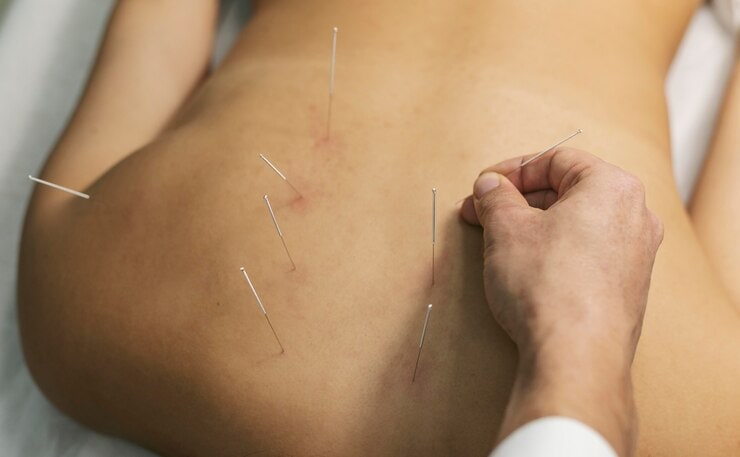
Acupuncture treatment in Tigris Valley Wellness Resort helps to treat various health issues, including skin diseases like eczema and psoriasis. This ancient Chinese medicine involves inserting fine needles into specific body points to stimulate energy flow and promote healing. For skin conditions, acupuncture treatment is thought to regulate the immune response, reduce inflammation, and improve circulation, helping to reduce symptoms like itching and redness. Practitioners often customize treatments to meet individual needs and combine acupuncture with herbal remedies and dietary advice. Many patients have reported significant relief, making acupuncture treatment an important part of holistic healthcare.
How Does Homeopathy Help in Managing Leucoderma?
Homeopathy offers a holistic approach to managing leucoderma, also known as vitiligo, by focusing on people’s overall health and wellness rather than just the visible symptoms of the skin condition. Our Homeopathic practitioners assess the patient’s physical, emotional, and psychological state to identify underlying imbalances that may contribute to the disorder. The homeopathy treatment typically involves prescribing highly diluted remedies customized to the person’s specific symptoms and constitution which may include remedies like Arsenicum album, Sulphur, or Phosphorus. These remedies are believed to stimulate the body’s natural healing processes and promote repigmentation of the skin by addressing factors such as stress, autoimmune responses, and nutritional deficiencies. Additionally, homeopathy aims to enhance the immune system’s function, thereby potentially preventing further skin depigmentation. Patients often report gradual improvements in skin color and texture over time, although results may vary. Importantly, homeopathy is a gentle and painless treatment option, making it suitable for people of all ages. By focusing on the people as a whole, homeopathy helps promote wellness, which can be particularly beneficial for those struggling with the emotional impact of leucoderma.
At Tigris Valley Ayush Wellness Hospital, homeopathy treatment for leucoderma provides a holistic and personalized approach to managing this skin condition. Practitioners assess each patient’s unique symptoms and emotional well-being with custom remedies that aim to stimulate natural healing and promote skin repigmentation. This homeopathic treatment addresses not only the visible symptoms but also underlying factors such as stress and immune dysfunction. Additionally, homeopathy encourages supportive lifestyle changes, including dietary adjustments and stress management, enhancing overall wellness.
Yoga for glowing skin and healthy hair
Yoga is a holistic practice that offers numerous benefits for achieving glowing skin and healthy hair through its emphasis on physical postures, breathing techniques, and mental relaxation. The various asanas, or poses, in yoga, promote improved blood circulation, which is crucial for delivering essential nutrients and oxygen to the skin and scalp. Poses such as Adho Mukha Svanasana (Downward Dog) and Sarvangasana (Shoulder Stand) specifically target circulation, helping to energize the skin and stimulate hair follicles, ultimately promoting a healthy, radiant complexion and stronger hair growth. Moreover, yoga is an effective way to manage stress, which is a significant factor affecting skin health and hair loss. Stress can lead to hormonal imbalances and cause conditions such as acne, eczema, and premature graying or thinning of hair. Through practices like pranayama (breath control) and meditation, yoga helps calm the mind, reducing stress levels and promoting emotional well-being. This not only improves mental clarity but also contributes to healthier skin and hair by minimizing the physiological impacts of stress on the body.

In addition to the physical and mental benefits, yoga encourages a balanced lifestyle, which is vital for skin and hair health. Many yoga practitioners adopt healthier dietary habits, focusing on nourishing foods rich in antioxidants, vitamins, and minerals that support skin elasticity and hair strength. Additionally, proper hydration, often emphasized in yoga teachings, is essential for maintaining skin moisture and promoting scalp health. Overall, integrating yoga into a daily routine provides a balanced approach to skincare and hair care. By promoting a connection between the body, mind, and spirit, yoga encourages a radiant complexion and vibrant hair, allowing people to shine from the inside out.
Does Hijama Treatment Help In Hair Growth?
Hijama Treatment, also known as cupping therapy, is an ancient practice that offers promising benefits for scalp health, particularly in treating dandruff and hair loss. This non-invasive therapy involves creating suction on the scalp using specialized cups, which enhances blood circulation and facilitates detoxification. Improved blood flow delivers essential oxygen and nutrients to hair follicles, promoting healthier hair growth while also alleviating common scalp issues. For those suffering from dandruff, Hijama treatment can help loosen dead skin cells and stimulate the sebaceous glands, resulting in increased hydration and reduced flakiness. Additionally, regular Hijama sessions can address hair loss by regenerating hair follicles and tackling underlying factors such as hormonal imbalances. To maximize results, Hijama can be combined with nourishing treatments like herbal remedies or essential oils, which provide added moisture and nutrients to the scalp. Overall, Hijama presents a holistic approach to scalp health, effectively revitalizing hair growth and enhancing overall well-being.
In the Tigris Valley, Hijama treatment is gaining recognition for its therapeutic benefits, particularly in promoting scalp health and addressing conditions like dandruff, hair loss, and scalp psoriasis. Ayurvedic treatment for scalp psoriasis focuses on balancing the body’s internal energies, known as doshas, to address the root causes of inflammation and irritation. Practitioners use herbal oils and remedies, such as neem, turmeric, and aloe vera, applied directly to the scalp to reduce inflammation, control scaling, and relieve itching. Ayurvedic scalp treatments may also include medicated oil massages (Abhyanga) to stimulate circulation, detoxify, and nourish the scalp. The cupping therapy involves creating suction on the scalp which enhances blood circulation and helps detoxify the area. As a result, it stimulates hair follicles, promotes natural oil production, and improves overall scalp health. Our practitioners combine Ayurvedic Hijama treatments, including herbal remedies specifically for scalp psoriasis, to maximize results, providing a holistic approach to hair care. With its non-invasive nature and emphasis on restoring balance, Hijama treatment in the Tigris Valley offers an effective solution for those seeking healthier hair and scalp rejuvenation.
Skin diseases can greatly affect quality of life, but with the right understanding, diagnosis, and treatment, many of these conditions are manageable. Tigris Valley Wellness Hospital Ayurvedic offers natural, holistic solutions for a range of skin ailments, focusing on restoring balance within the body to support optimal skin health and overall well-being. Through preventive care and personalized Ayurvedic treatments, people can find relief from skin conditions and enjoy healthier, more radiant skin.
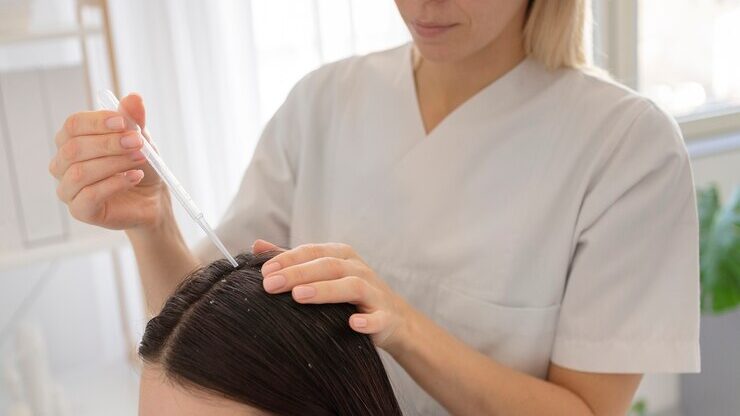
Skin diseases can significantly impact an individual’s quality of life, but with proper understanding, diagnosis, and treatment, many skin conditions can be managed effectively. Tigris Valley Ayurvedic treatments in Kerala provide natural and holistic solutions for various skin conditions, emphasizing the importance of restoring balance to the body for optimal skin health and wellness. By adopting preventive measures and seeking personalized Ayurvedic treatment, people can experience relief from skin diseases and achieve healthier, radiant skin.

